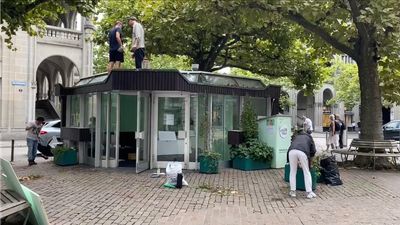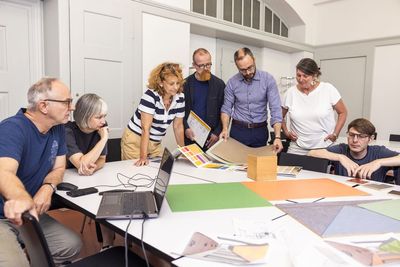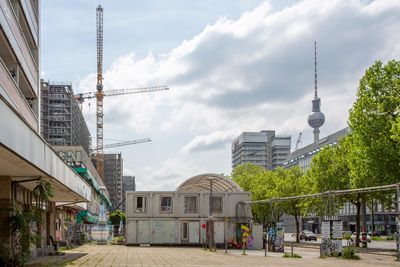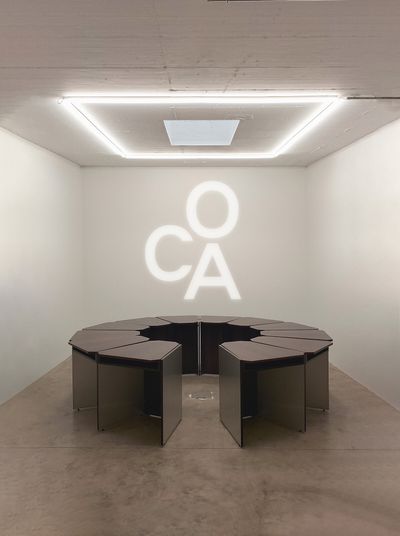British Architecture from the Welfare State to the State of Neoliberal TechnocracyEleni Axioti
This presentation addresses the disappearance of architectures of social welfare by examining the dismantling of the welfare state in Britain and the transition to a state of neoliberal technocracy. It outlines the political and economic changes that started in the late 1960s and 70s and developed further during the 80s and 90s and reflects on the transformations that took place during that period in social policies and welfare provisions, but most importantly in the production of the built environment and how this relates to issues of value. The presentation underlines the changes that were realized during that time on the way that the state understood the concept of the citizen and addressed the social subject. It will attempt to describe the implications of neoliberal government and ideology for the practice of architecture and consider the effects that these changes have on the production and nature of architecture, as well as on the architectural profession.
Eleni Axioti is Lecturer and Year Coordinator in History and Theory Studies at the Architectural Association School of Architecture and Senior Lecturer at University of the Arts London (CSM & LCC). She holds a PhD and an MA in Histories and Theories of Architecture (AA) as well as an MEng in Civil and Structural Engineering (AUTh). Her research focuses on issues of social policy and political economy, investigating the practices of governance and the biopolitical aspects of architecture and planning. Her book Against an Architecture of Neoliberal Technocracy: Lessons from (the Dissolution of) the Architecture of the Welfare State in Britain was published in 2024 by ViPer Gallery (Prague) and funded by the European Architecture Platform Lina Community. She is member of the Space and Place Research Hub at the University of the Arts London and the Centre for the Study of Class in collaboration with the University of Salford. In Summer 2025 she will be in a research residency at the Académie des beaux-arts x Cité Internationale des Arts in Paris.
Respondents are Jeremy Waterfield (ETH Zurich), Amy Perkins (Assemble, EPFL), Frederike Lausch (Visiting Lectureship for the Theory of Architecture, ETH Zurich)





